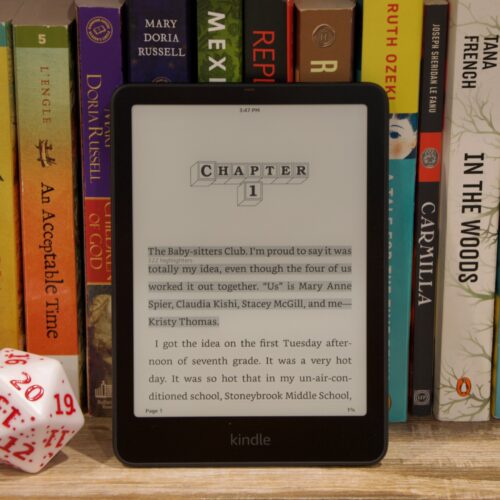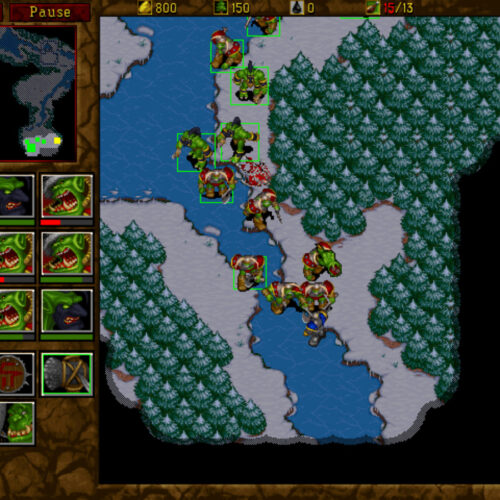Senator Wyden Thinks Consumers Buying Digital Media Should Know What They’re Getting
Or at the very least, consumers should know when they do not have full control over a piece of digital media they paid for.


Later this week, Amazon is closing a small loophole that allowed purchasers of Kindle books to download those files to a computer and transfer them via USB. Originally intended to extend e-book access to owners of very old Kindles without Wi-Fi connectivity, the feature has also made it easier for people to download and store copies of the e-books they've bought, reducing the risk that Amazon might make changes to their text or remove them from the Kindle store entirely.
The "Download & transfer via USB" option on Amazon's site is going away this Wednesday, February 26. People who want to download their libraries to their PC easily should do so within the next two days. This change only affects the ability to download these files directly to a computer from Amazon's website—if you've downloaded the books beforehand, you'll still be able to load them on your Kindles via USB, and you'll still be able to use third-party software as well as the Send to Kindle service to get EPUB files and other books loaded onto a Kindle.
For typical Kindle owners who buy their books via Amazon's store and seamlessly download them to modern or modern-ish Kindle devices over Wi-Fi, you likely won't notice any change. The effects will be noticed most by those who use third-party software like Calibre to manage a local e-book library and people who have hopped to other e-reader platforms who want to be able to download their Kindle purchases and strip them of their DRM so they can be read elsewhere.


© Andrew Cunningham

When an updated, remastered, or otherwise spiffed-up version of a game is released, nobody—not long-time fans, not archivists, not anybody, really—ever asks for the original version of that game to be taken down. Does this seem to stop game studios from committing this unforced public relations error? Absolutely not.
Blizzard, a company that has recently released remastered versions of Warcraft and Warcraft II for $10 and $15, respectively (or in a bundle with III for $40) on its Battle.net storefront, has asked GOG to remove its non-remastered, DRM-free $15 bundle of those games from its store on December 13.
GOG (aka Good Old Games), which recently included Warcraft I and II in its Preservation Program, with a "Make Games Live Forever" tagline, suddenly finds itself with a new policy to figure out. So GOG is putting the Warcraft I & II Bundle on sale (discount code "MakeWarcraftLiveForever" for $2 off) and is letting folks know that if they buy it before December 13, they will keep access to it after the delisting, complete with offline installers.


© GOG/Blizzard